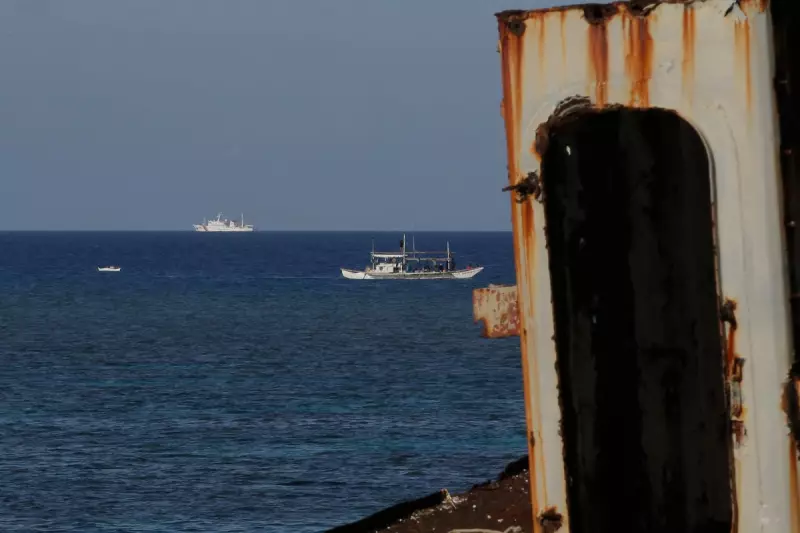
Philippines Defies Communications Jamming to Resupply South China Sea Outpost
Armed Forces of the Philippines have successfully completed a high-stakes supply mission to a contested territorial outpost in the South China Sea, navigating deliberate communications jamming by Chinese government vessels. The operation, which took place on Friday, delivered essential food, fuel, and a rotation of new personnel to the long-disputed Second Thomas Shoal.
Two senior Philippine officials, speaking on condition of anonymity due to the issue's sensitivity, confirmed to The Associated Press that the mission was conducted without any untoward incident. This occurred despite the persistent presence of Chinese Coast Guard and other ships, which have maintained a years-long vigil around the periphery of the Philippines-occupied shoal.
Electronic Interference and Strategic Manoeuvres
During the hourslong delivery to the BRP Sierra Madre, a deliberately grounded warship serving as Manila's outpost, Chinese Coast Guard ships engaged in communications jamming. One official suggested this electronic countermeasure was deployed to potentially prevent drone surveillance by the United States or other foreign forces committed to upholding the rule of law in the critical global trade route.
This resupply marks the 12th such incident since last year to be carried out by the Philippine military without a major confrontation. A significant factor in this relative calm has been a temporary nonaggression arrangement signed by China and the Philippines in July 2024, designed specifically to prevent new clashes at the fishing atoll.
A History of Tensions and a Precarious Standoff
The Philippine military initially grounded the BRP Sierra Madre on the shoal's turquoise shallows in 1999 to cement its territorial claim. China, which asserts sovereignty over the shoal and nearly the entire South China Sea, has since surrounded the atoll with its own vessels and repeatedly demanded the removal of the Sierra Madre.
The longstanding territorial deadlock has frequently sparked faceoffs between Philippine supply boats and Chinese forces. While the 2024 pact has eased immediate tensions, the situation remains volatile. In a concerning escalation in August, China bolstered its presence with more coast guard and suspected militia ships, some equipped with more powerful machine guns, backed by a helicopter and a surveillance drone.
During that period, a Chinese Coast Guard ship was observed firing its water cannon in what appeared to be a drill or intimidating gesture. In a separate incident, a Chinese vessel approached within 50 metres of the Sierra Madre, only to be blocked by two boatloads of Filipino forces.
The dispute over the South China Sea involves multiple claimants, including Vietnam, Malaysia, Brunei, and Taiwan. While the United States lays no claims to the waters, it has consistently affirmed its obligation to defend the Philippines, its oldest treaty ally in Asia, should Filipino forces come under armed attack anywhere in the region, including these contested waters.





